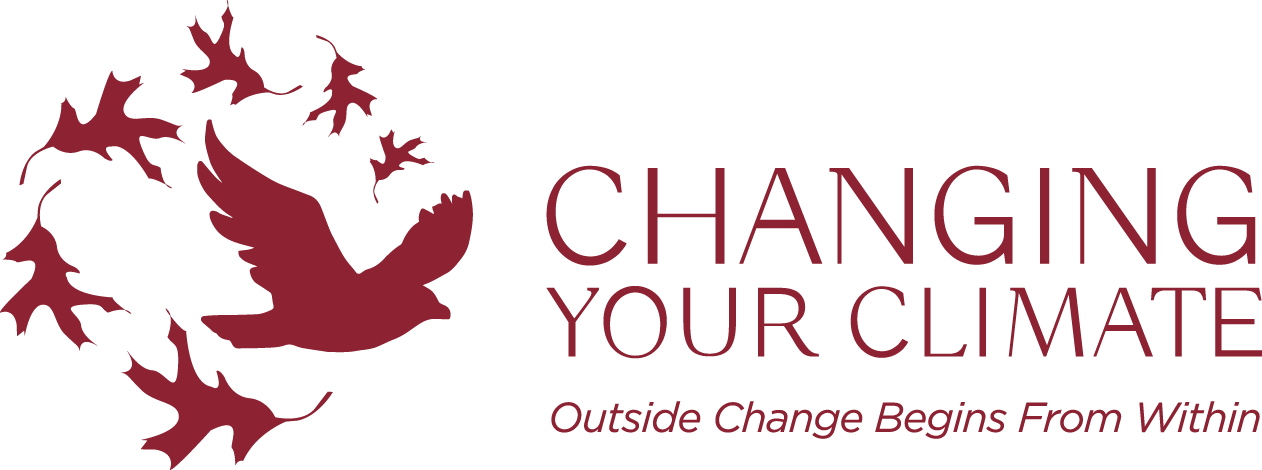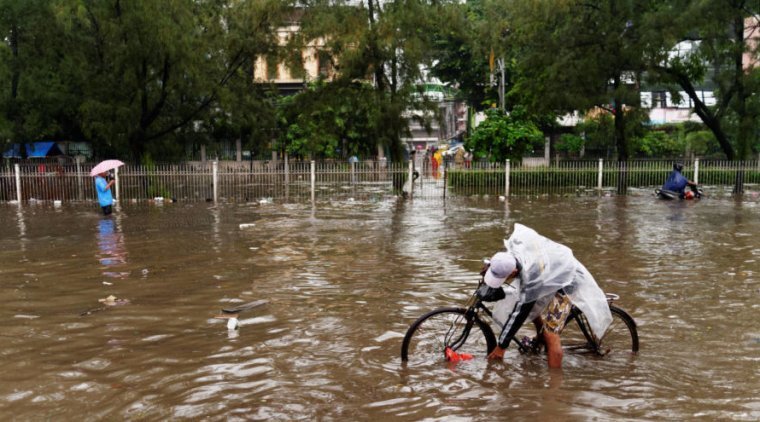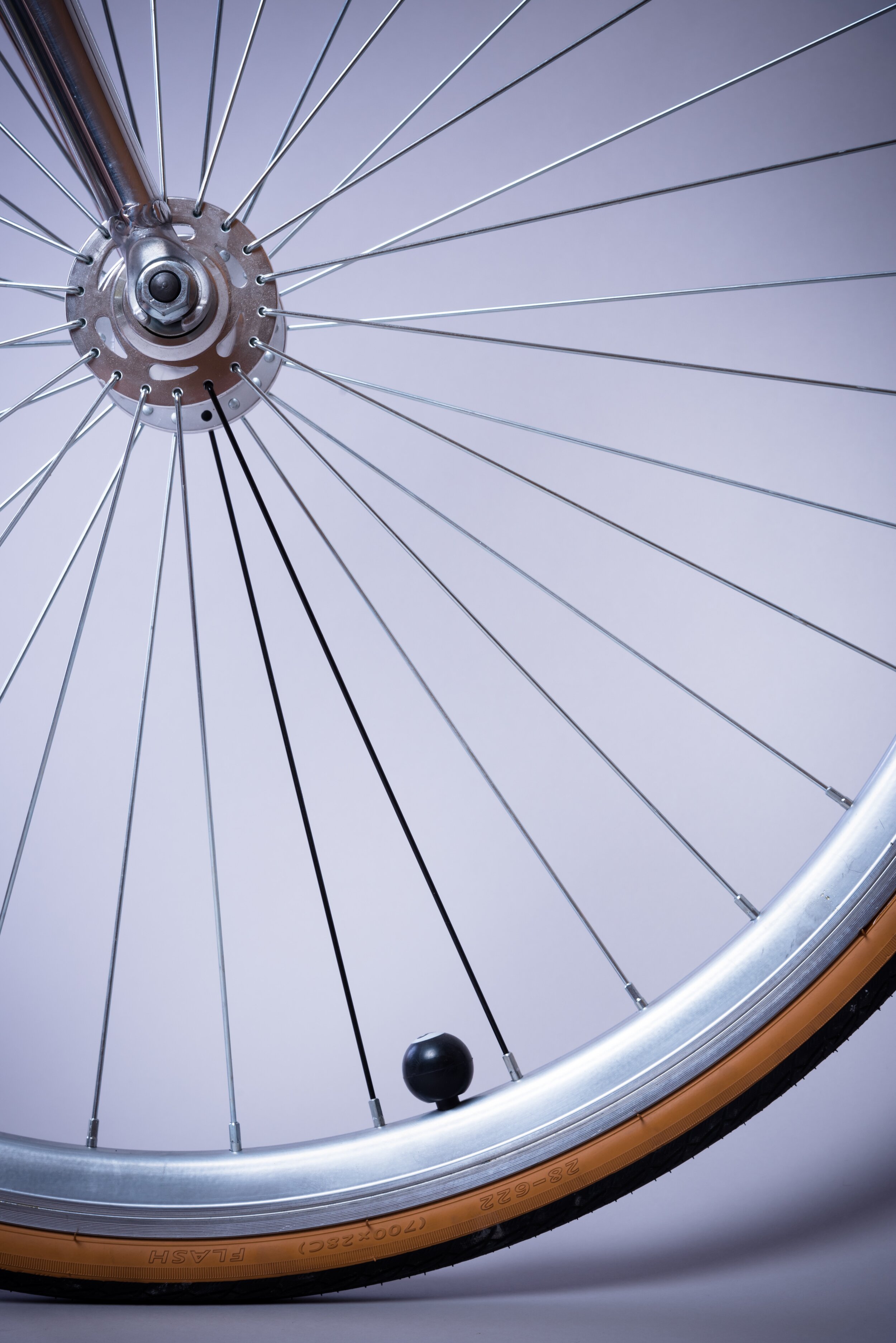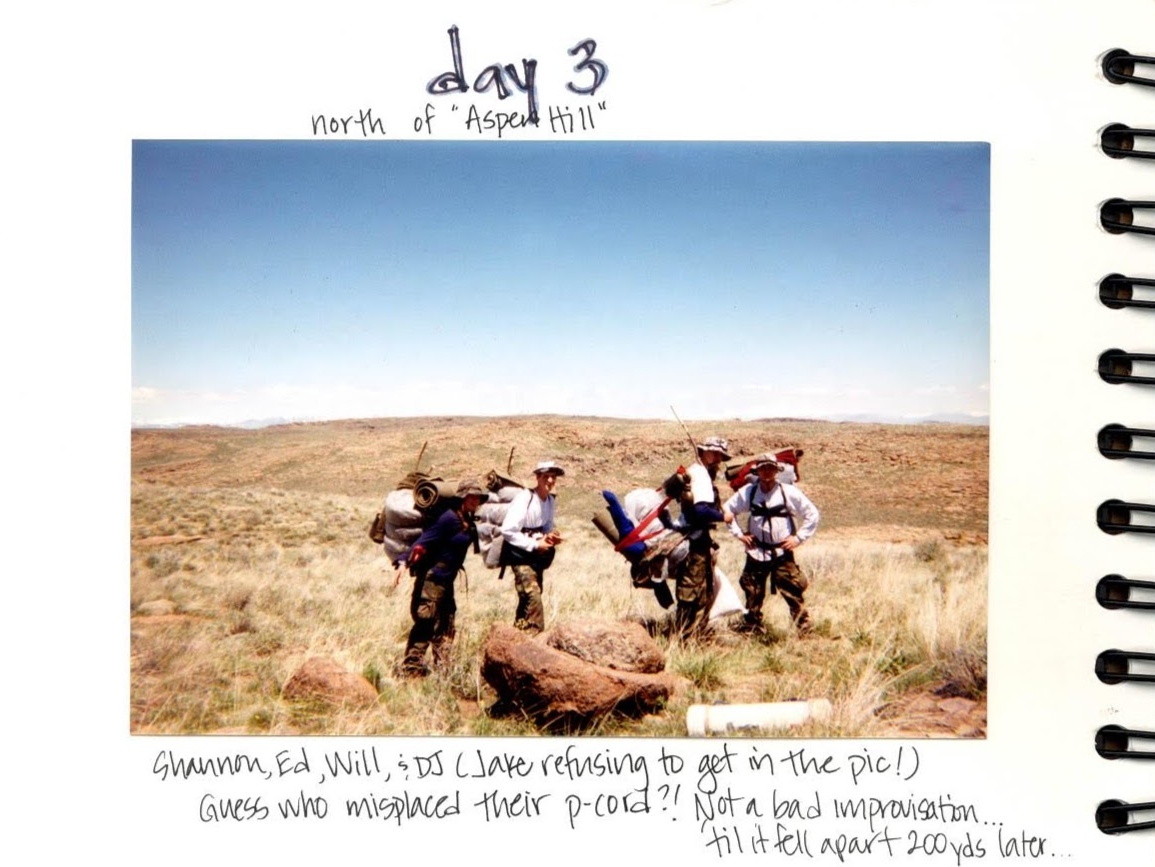Years ago, I set out on a path to coach executives. Along the way, I came up with a goal to interview twenty of them as a way to learn about their pain points. My path has meandered a good bit since then, but in looking back at the draft I wrote of one interview I conducted, I realize his message still rings true and offers something for the rest of us to consider.
For the first fifteen minutes or so, he responded to my question regarding how he came to be who he is: Executive Director of a non-profit working to improve the energy performance of commercial buildings. As I listened to him share, I found myself in awe of his path, and similarly impressed by his ability to collaborate and support his management teams. As someone who has lectured all over the world, and has been involved in green building and facilitation for over twelve years, this guy seemed to have it all figured out, and there was certainly no need for my coaching here.
With time, and a few follow-up questions, however, this generous gentleman began to share from his heart, specifically addressing some of the challenges he faces in his position as E.D. It's hard to separate out, he told me, what he wants to do vs. what he needs to do. While he may want to spend more time fostering connections with his teams, he finds himself obligated to be out of the office, representing the face of the organization. He also finds it difficult to honor the number of hours he believes we should work in our society. There's pressure to keep up with the competition, which only grows more fierce as more 'for-profit' businesses more closely resemble non-profits with their mission driven strategies. Back in the 80's, there was a promise of leisure, where technology was promised to deliver a way of life that was easier and left more time for relaxing and less time for work. Where is this promise, he wonders?
And thus, until this promise is upheld, he finds himself needing more restorative time. There's a lack of time for family, for vacation, for quality time with his wife. 50-60 hour work weeks are the norm, with many weeks being in the high 80s. "I don't know if this is apropos to this conversation," he told me, "but I recently read an article in the New York Times entitled, Why You Hate Work. That article is me to a tee." I was ecstatic inside. Here he was quoting the article that had been sent to me by my 'first executive', speaking to the exact challenges that had me wanting to do this work in the first place: he struggles to prioritize, and is eager to be more effective in less time. He's losing sleep, sleeping an average of only 5 hours a night, and finds himself often at a loss for words, unable to think clearly. It's hard to say 'no' without feeling guilty, not wanting to miss out on available opportunities. Who wouldn't want to be able to do it all?
As I sat across from this man, getting a glimpse into the workings of his executive world, I realized how fortunate I was to have this opportunity. Here was this executive, and father of two young children, offering me, a complete stranger, his precious time. There are certainly a multitude of other things he could have been doing, or not doing, in the hour we were together, and he chose to pay it forward. I was relieved to hear, I must say, that the process had helped him as well, that he'd appreciated the opportunity to articulate his thinking.
As we began to wrap things up, I asked him what advice he might want to send with me on my way. "We're lacking a shared vision of a sustainable future," he told me, concerned. While there are so many groups working on this issue, all the groups are completely 'siloed', acting out of the proprietary nature of business. Each believes strongly in their own way, in their own product or method, and does little to collaborate with others in a manner that works towards this vision. Thus, what we need, he told me, is vision and leadership, and if you can work towards that, you'll be making a difference.
This interview was 6 years ago. I find myself wondering if anything has changed. Are we still lacking a shared vision?
I hear this concern a great deal, including from a favorite uncle who is eager to engage but feels overwhelmed by the divisions. If we are so split, can we really make the impact that we need to have on this changing planet?
I think the answer falls into the both/and category - yes, we need to work in solidarity, in community, from a place of collaboration and togetherness that can allow us the impetus and synergy to move forward effectively. And, at the same time, there are as many perspectives as there are human needs, wants and personalities.









